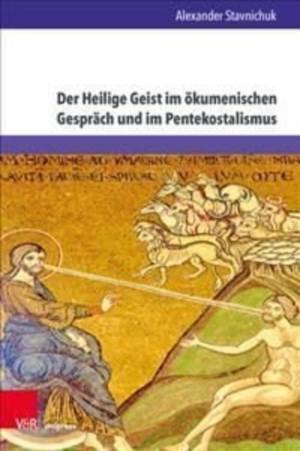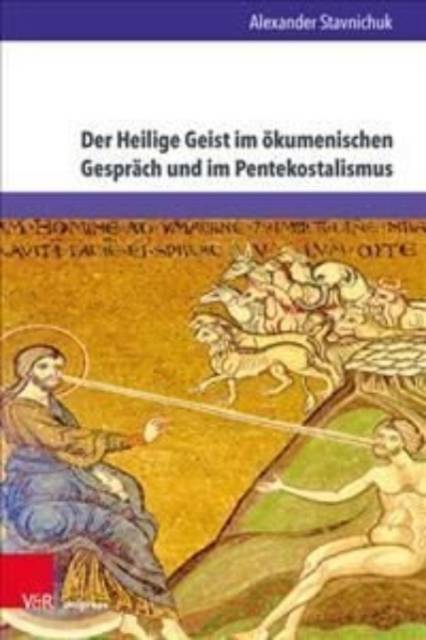
Bedankt voor het vertrouwen het afgelopen jaar! Om jou te bedanken bieden we GRATIS verzending (in België) aan op alles gedurende de hele maand januari.
- Afhalen na 1 uur in een winkel met voorraad
- In januari gratis thuislevering in België
- Ruim aanbod met 7 miljoen producten
Bedankt voor het vertrouwen het afgelopen jaar! Om jou te bedanken bieden we GRATIS verzending (in België) aan op alles gedurende de hele maand januari.
- Afhalen na 1 uur in een winkel met voorraad
- In januari gratis thuislevering in België
- Ruim aanbod met 7 miljoen producten
Zoeken
Der Heilige Geist Im Okumenischen Gesprach Und Im Pentekostalismus
Eine Theologische Annaherung Zur Erweiterung Des Okumenischen Gespraches
Alexander Stavnichuk
€ 68,45
+ 136 punten
Omschrijving
The pentecostal openness to the presence of the Holy Spirit can be understood in terms of the analogy with the Trinitarian personhood as a mode of the individual participation in the life of the Triune God. This links the pentecostal understanding of the Holy Spirit with the koinonia-ecclesiology of the ecumenical multilateral dialogue. The current understanding of the ecumenical koinonia-ecclesiology is modelled by the life of the Trinity and formed by the sacramental participation of the church in the life of the Triune God. In this way, Pentecostalism can find its access to the eucharistic-sacramental understanding of unity of the church. Conversely, this is also enriching for the multilateral ecumenical koinonia-discourse. The participation in the koinonia with the Triune God includes not only the dimension of the eucharistic fellowship, but also the dimension of the direct personal orientation of Christians toward the presence of the Holy Spirit.
Specificaties
Betrokkenen
- Auteur(s):
- Uitgeverij:
Inhoud
- Aantal bladzijden:
- 514
- Taal:
- Duits
- Reeks:
- Reeksnummer:
- nr. 82
Eigenschappen
- Productcode (EAN):
- 9783847113683
- Verschijningsdatum:
- 6/12/2021
- Uitvoering:
- Hardcover
- Formaat:
- Genaaid
- Afmetingen:
- 155 mm x 231 mm
- Gewicht:
- 3896 g

Alleen bij Standaard Boekhandel
+ 136 punten op je klantenkaart van Standaard Boekhandel
Beoordelingen
We publiceren alleen reviews die voldoen aan de voorwaarden voor reviews. Bekijk onze voorwaarden voor reviews.









